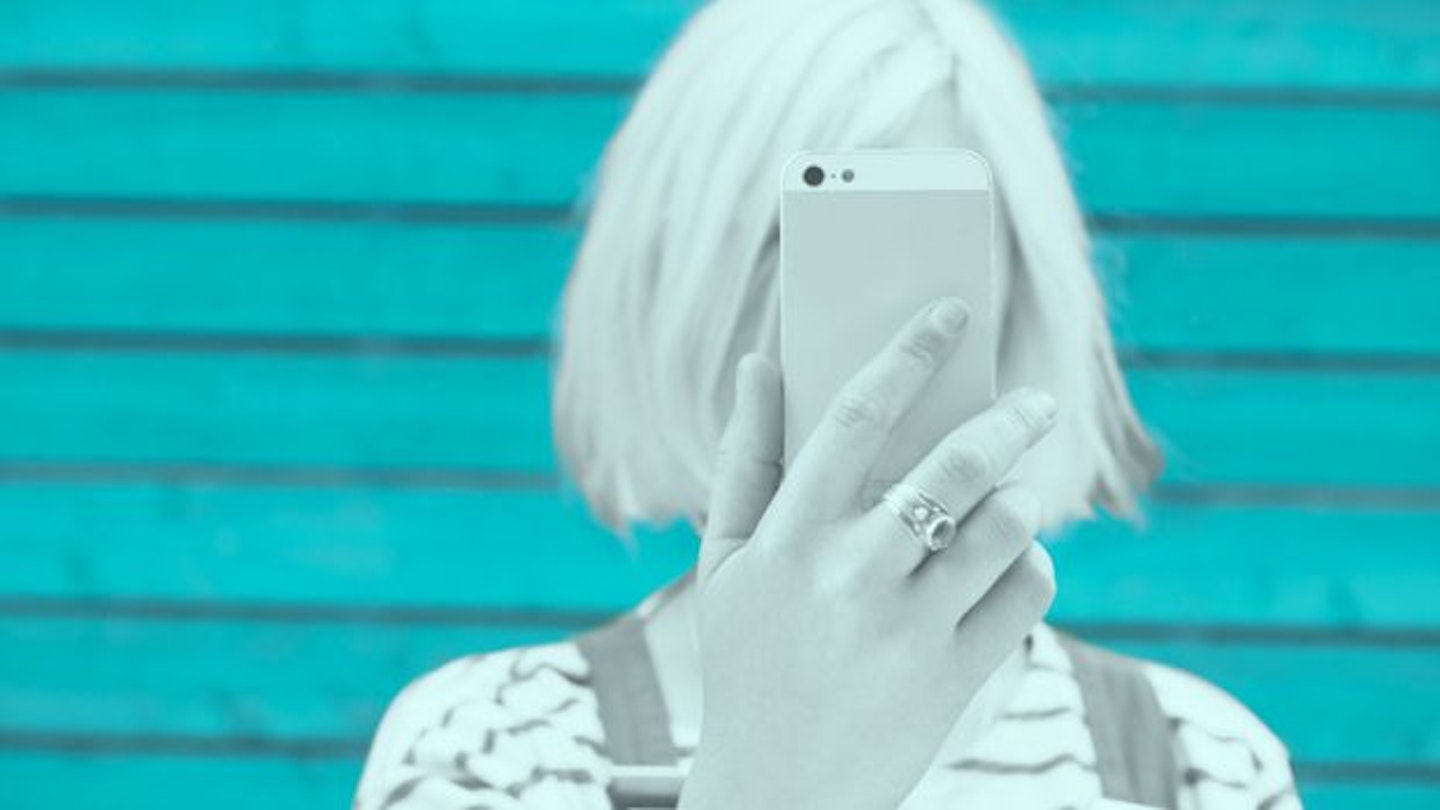The fact that social media has an impact on our mental health is nothing new, but a new study published by the Royal Society for Public Health has compared different platforms to assess the impact they pose on our mental health. The poll asked 1,479 people aged 14-24 to score the most popular social media apps on 14 concerns including anxiety, depression, loneliness, bullying and body image. Perhaps unsurprisingly, image-based platforms came out on top, with Instagram rated the worst for mental health, out of a list including Snapchat, Facebook, Twitter and Youtube.
Following the results, public health experts have called for the platforms to provide better checks and methods to support mental health. Whilst the call to better protect online-wellbeing is laudable, the solutions put forward are by-no-means comprehensive and can be problematic.
According to the survey, 70% of the people supported a proposal for pop-ups notifications warning when people have been using a platform for a long time (although it’s not clear what kind of time scale constitutes as ‘a long time’). Aside from potentially being rather annoying when you’re deep in an FBI level Facebook stalk, all in all, this isn’t a bad idea, even if it is just to make you more aware of how long you’ve been staring at a screen. The sheer volume of information available on social media can leave us feeling stressed out, and with celebrities frequently taking social media breaks when life gets too complicated, a notification could get us to take a well-needed break from all the politics, beauty standards, FOMO and the inevitability of comparing your own life to the carefully curated versions you see online.
Another suggestion is that platforms should highlight when photos from fashion brands and advertising have been digitally manipulated. On the surface, this seems like a huge step forward for combatting the impossible beauty standards that the fashion industry perpetuates, and one which has already been put forward for paper magazines - in France, it is now a criminal offence for advertisements to digitally retouch images without notifying the reader. However, the criticisms of this also apply to doing the same across social media, for example, by only applying to advertisements, editorial spreads in magazines still have free reign to retouch as much as they like. On social media, it becomes much more complicated. The proposal at the moment is for accounts to opt into a code which would display a small icon on retouched images, but with no legal incentive behind it, it is unlikely that this is going to be popular. Even if it was, retouching can be very subtle and it would be extremely difficult to enforce. And again, even if this was possible, that still leaves celebrities, bloggers and everyone else all of whom has access to retouching apps that allow us to filter out the things we don’t want to share with the world. That being said, it’s still one of the easiest proposals to get behind; better awareness of what is real and what isn’t could have a huge impact on how we view body image.
Perhaps the most controversial of the suggested improvements is that social media platforms should aim to identify users with mental health problems and begin ‘discreetly signposting places they can get support’. In the US, Facebook is already testing an algorithm that can identify the signs of depression in their users and put them in contact with suicide helplines. Again, it’s a contentious issue and it’s not difficult to see why so many people are uneasy about it. On one hand, there is the very real possibility that this could save lives, which obviously outweighs everything else. But, and perhaps this is just cynicism talking, the idea that Facebook and other companies have access to this kind of information is a problem for privacy. If Facebook can target advertisements based on your browsing history, it is possible that companies could use this information to target vulnerable users.
Whilst the suggestions this study has made are not without fault, it is at least taking social media related wellbeing seriously. There are plenty of studies which show that social media affects our mental health, but very few that try to suggest solutions other than to stop using it. If you look into the comments on these articles, you’ll see the same thing over and over: something along the lines of ‘If it’s making you depressed, stop using it’ and ‘back in my day, we didn’t have these problems’. It’s a narrative that is both boring and totally not true; just because social media makes images and information that can negatively influence our mental health more accessible doesn’t mean that it can’t also help. The study also showed that Instagram can have a positive impact on expression and self-identity and that overall, Youtube was rated as having a positive effect. Professor Simon Wessley of the Royal College of Psychiatrists said ‘there is a real danger of blaming the medium not the message’. It’s a sentiment that doesn’t seem to have reached the comments sections, but it’s refreshing to see someone recognise that social media is just a way to perpetuate existing issues and that addressing the underlying cause is equally important. Speaking on behalf of YoungMinds, Tom Madders said ‘It is also important to recognise that simply protecting young people from particular content types can never be the whole solution’.
Whether or not the measures that are being suggested are effective or not, at least it is being taken seriously. Because telling us not to use social media is as unhelpful as it is unrealistic.
Like this? Then you may also be interested in:
How To Break The Debilitating Social Media Cycle Of 'Compare and Despair'
Gemma Styles: Is Social Media Damaging Young Women's Mental Health
This article originally appeared on The Debrief.
